You are viewing the "science" Archives
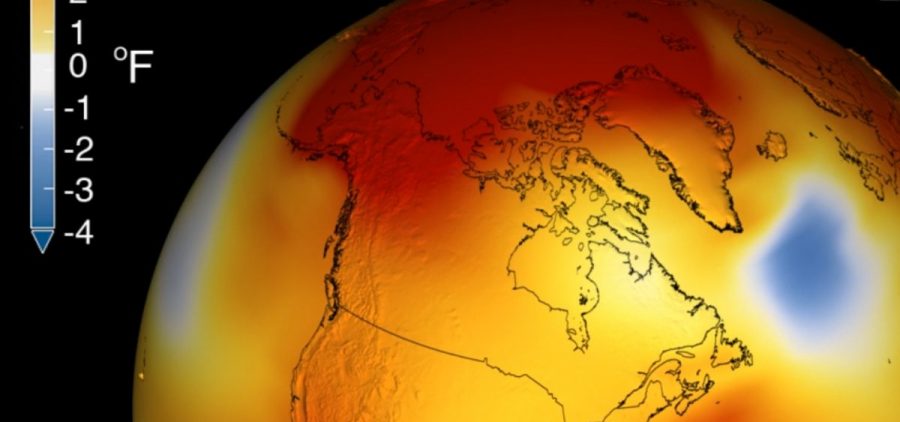
2018 Was Earth’s Fourth-Hottest Year On Record, Scientists Say
By: Christopher Joyce | NPR
Posted on:
The last five years are also the five hottest years on record for average global temperature, according to scientists from NASA and the National Oceanic and Atmospheric Administration.

As Magnetic North Pole Zooms Toward Siberia, Scientists Update World Magnetic Model
By: Francesca Paris | NPR
Posted on:
The magnetic north pole has been drifting away from the Canadian Arctic at a brisk 55 kilometers — about 34 miles — per year, with ramifications for military and civilian travelers.
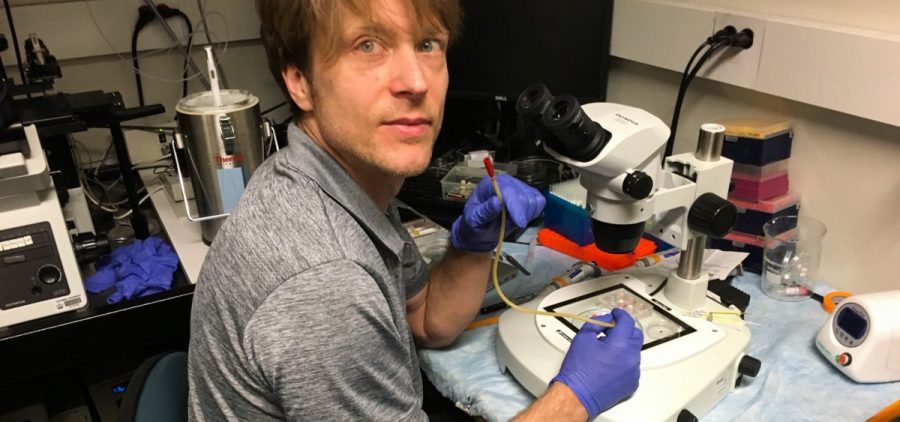
New U.S. Experiments Aim To Create Gene-Edited Human Embryos
By: Rob Stein | NPR
Posted on:
Despite outrage over gene editing in China that affected the birth of twins, research is underway in the U.S. to assess the safety and effectiveness of CRISPR tools to edit genes in human embryos.

Images Reveal A ‘Snowman’ At The Frigid Outer Reaches Of Our Solar System
By: Nell Greenfieldboyce | NPR
Posted on:
Scientists say Ultima Thule, a newly explored world out beyond Pluto, is a relic from our solar system’s earliest days.
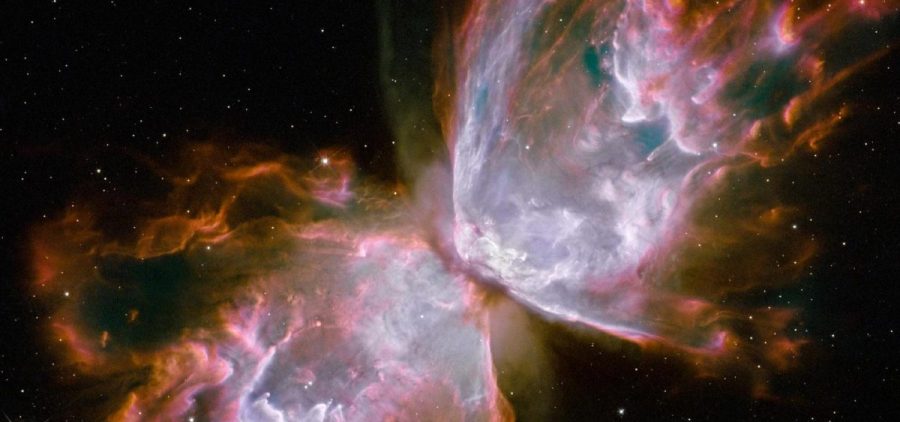
Nancy Grace Roman, ‘Mother Of Hubble’ Space Telescope, Has Died, At Age 93
By: Russell Lewis | NPR
Posted on:
Roman was one of the first female executives at NASA, its first chief of astronomy and she played an instrumental role in making the Hubble Space Telescope a reality. She died on Dec. 25.
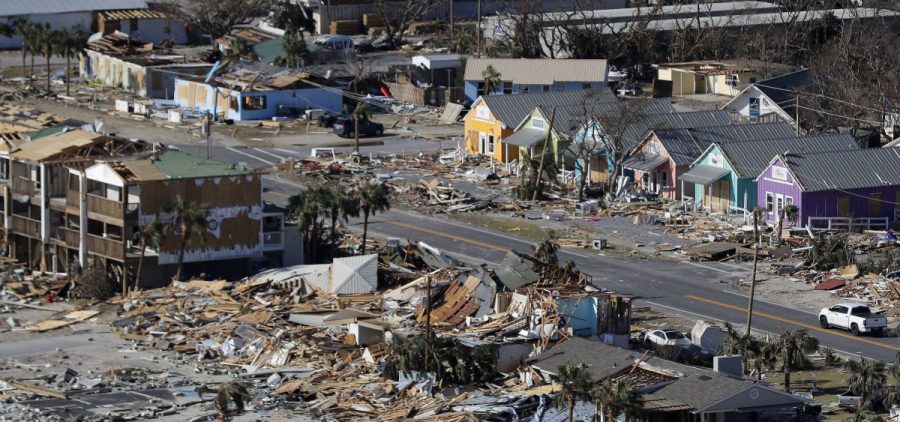
2018 Was A Milestone Year For Climate Science (If Not Politics)
By: Christopher Joyce | NPR
Posted on:
2018 saw a string of more precise — and dire — assessments that a warming climate is affecting the weather. That didn’t keep President Trump and others from questioning those scientific conclusions.
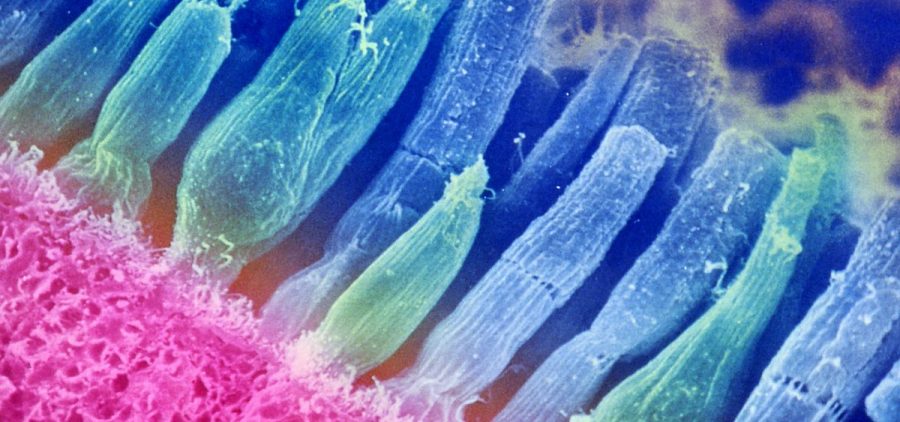
Scientists Find A Brain Circuit That Could Explain Seasonal Depression
By: Jon Hamilton | NPR
Posted on:
Research suggests the winter blues are triggered by specialized light-sensing cells in the retina that communicate directly with brain areas involved in mood.
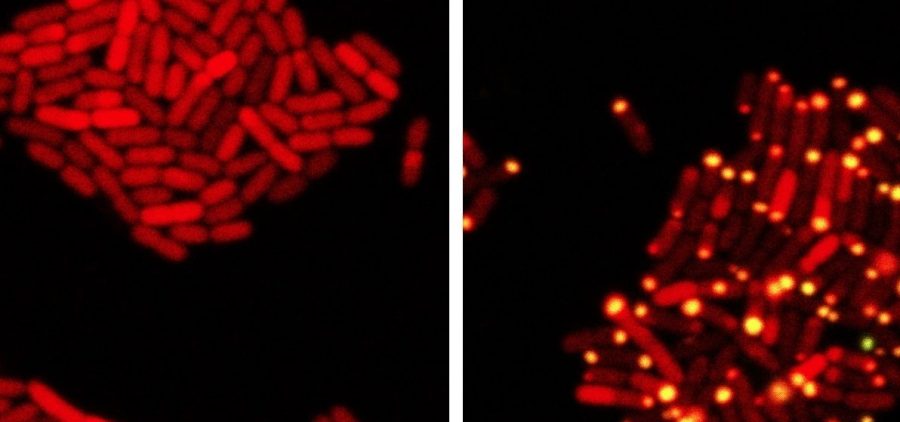
A Virus Can Eavesdrop On Bacterial Communication
By: Susan Brink | NPR
Posted on:
A researcher had an idea about viruses that was wild. And it turned out to be true.

Study Shows Americans Are Meaner On Twitter Than Canadians
By: Cameron Jenkins | NPR
Posted on:
Canadian Twitter may truly be a nicer place. Researcher Bryor Snefjella says Canadians tend to tweet more positive words compared to their American counterparts.
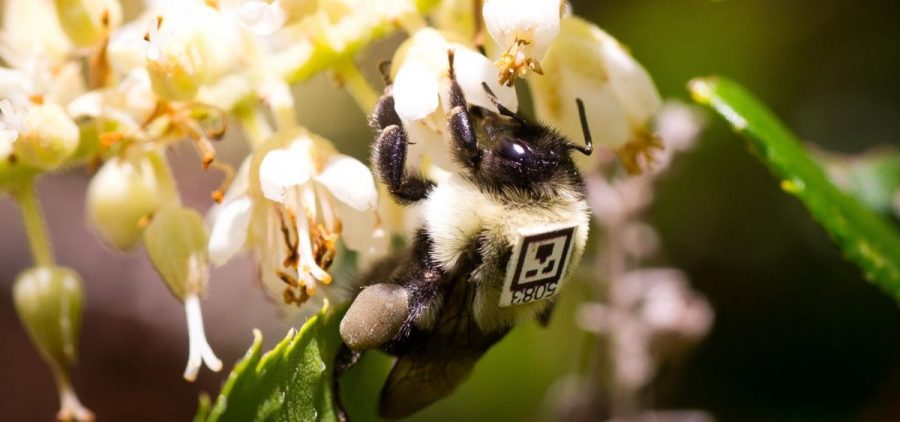
Scientists Spy On Bees, See Harmful Effects Of Common Insecticide
By: Merrit Kennedy | NPR
Posted on:
Bees exposed to a type of insecticides called neonicotinoids dramatically changed their behavior — becoming sluggish, antisocial and spending less time caring for the colony’s young, researchers say.
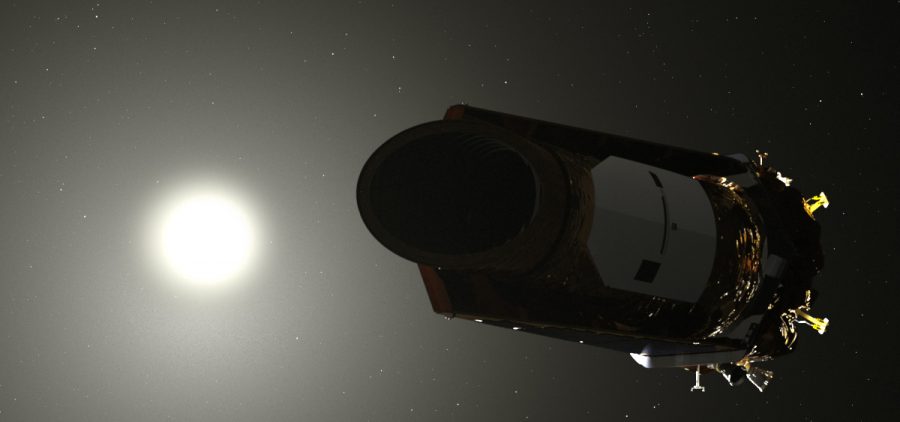
After 9 Years In Orbit, Kepler Telescope Leaves A Legacy Of Discovery
By: Lulu Garcia-Navarro | Henry Zimmerman | NPR
Posted on:
NASA’s Charlie Sobeck, former manager of the Kepler Space Telescope mission, discusses the monumental findings of the spacecraft and NASA’s decision to retire it in orbit.

Final Director’s Cut of 1982 Bladerunner
The Technology and Society Certificate Program will screen the final director’s cut of Bladerunner, Friday Oct 19, 7pm, at the Athena Theater. The event is free and open to the… Read More
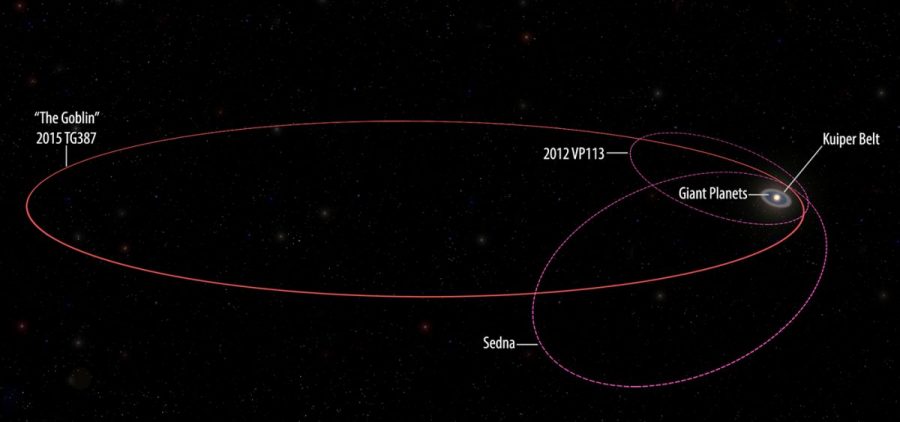
A Small Planet With Big Implications
By: Joe Palca | NPR
Posted on:
Astronomers have found a distant dwarf planet that appears to confirm the existence of Planet Nine, a giant planet lurking in the outer reaches of the solar system.

AppO MaSTRS 9
The 9th annual Appalachian Ohio Mathematics and Science Teaching Research Symposium (AppO MaSTRS 9) will be hosted on October 6th from 8:30 am -3:00 pm in Morton Hall on Ohio… Read More

In Psychology And Other Social Sciences, Many Studies Fail The Reproducibility Test
By: Richard Harris | NPR
Posted on:
Many social sciences experiments couldn’t be reproduced in a new study, thus calling into question their findings. The field of social science is pushing hard to improve its scientific rigor.
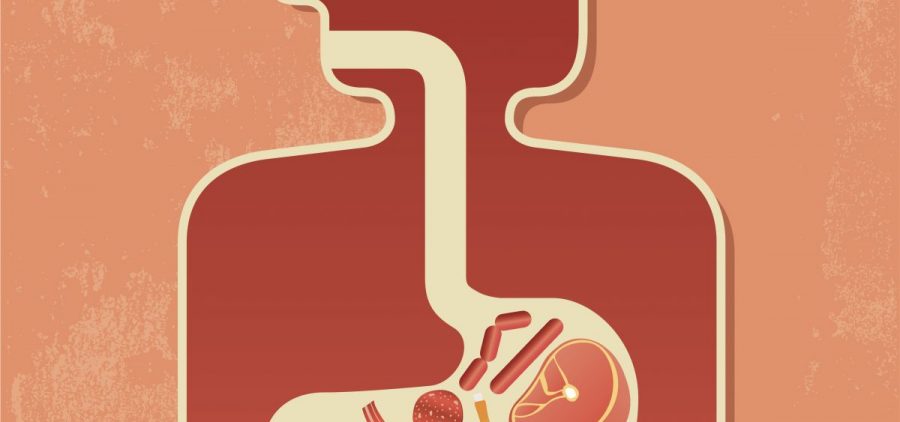
Diet Hit A Snag? Your Gut Bacteria May Be Partly To Blame
By: Allison Aubrey | NPR
Posted on:
Scientists are learning more about how our gut microbes may influence dieting. A small new study finds successful dieters have a different mix of bacteria than less-successful dieters.

WATCH: The Science Behind Why Some Bullets Are More Destructive Than Others
By: Meredith Rizzo | Rebecca Hersher | NPR
Posted on:
How much damage a bullet does when fired at the human body hinges on physics. Our latest “Let’s Talk” video shows and explains why certain types of ammunition cause greater havoc than others.

Some Bacteria Are Becoming ‘More Tolerant’ Of Hand Sanitizers, Study Finds
By: Melody Schreiber | NPR
Posted on:
Researchers wanted to know why certain infections were increasing in hospitals. They were surprised by what they found.
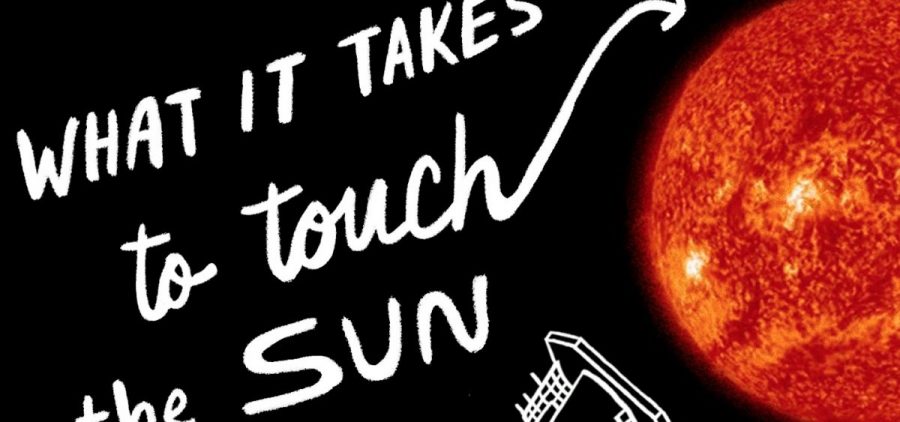
WATCH: Building A Probe That Will Survive A Trip To The Sun
By: Becky Harlan | Maia Stern | Madeline K. Sofia | NPR
Posted on:
The sun is responsible for all life on Earth, but we still have a lot to learn about it. So this summer, NASA is sending the Parker Solar Probe closer to the sun than we have ever been before.

Spring Is Springing Sooner, Throwing Nature’s Rhythms Out Of Whack
By: Nathan Rott | NPR
Posted on:
A warming climate is knocking nature’s rhythms out of sync. High in the Rocky Mountains, scientists have been tracking the impact for decades.
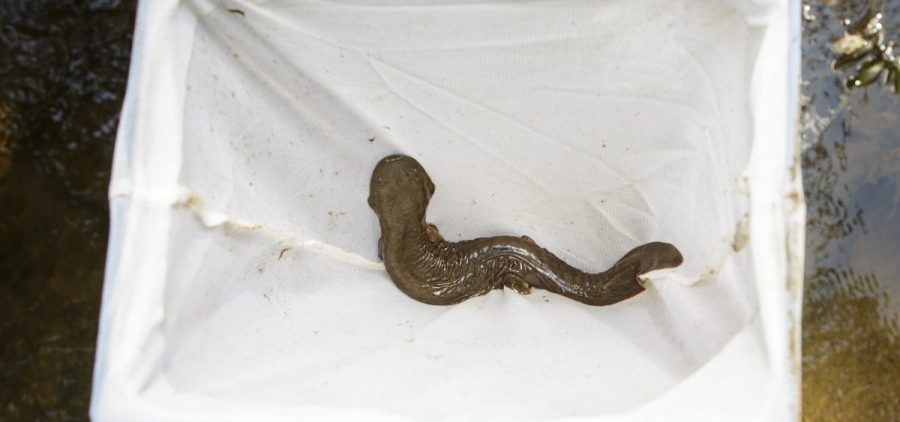
VIDEO: “Snot Otters” Get A Second Chance In Ohio
By: Madeline K. Sofia | NPR
Posted on:
North America’s largest amphibian, the Hellbender salamander, is in trouble. They are endangered in several states. A team in Ohio is trying to save them before it’s too late.

WVU Opens Facility To Extract Rare Earth Elements
By: Associated Press
Posted on:
MORGANTOWN, W.Va. (AP) – West Virginia University has marked the start of a new phase of research aimed at recovering rare earth elements from coal and its byproducts. A ceremony… Read More
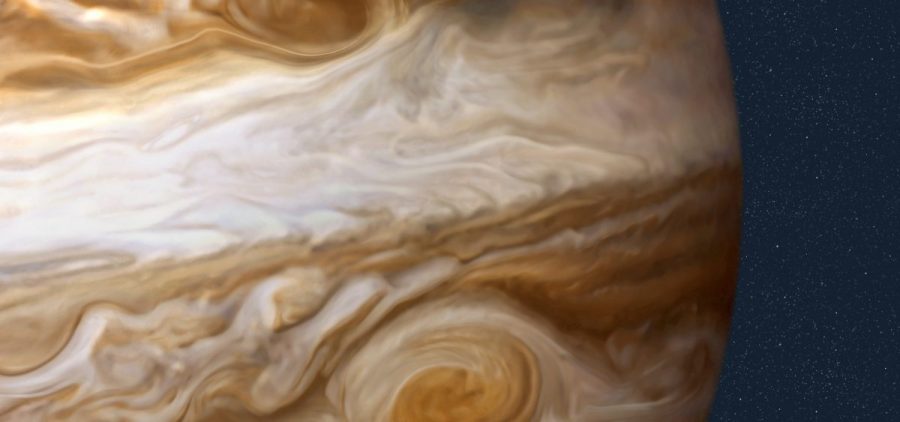
Galileo Would Be Stunned: Jupiter Now Has 79 Moons
By: Joe Palca | NPR
Posted on:
Astronomers have found 12 more moons orbiting the planet Jupiter. These moons are all small — just 5 kilometers or less across — and one of them behaves very strangely.

Believe it or not
By: Lauren Ramoser
Posted on:
In the evolution of mankind, progress has been made through knowledge. Believing was good, but the big steps in history were made with science. Once humans figured out how to… Read More

LISTEN: How Can Dinosaurs Help Us Understand Our Own Species?
By: NPR/TED Staff | NPR
Posted on:
Earth’s rocks and fossils can help us understand our own species. Paleontologist Kenneth Lacovara explains important moments in Earth’s history that help us recognize our place in the world.
- « Previous Page
- 1
- < <
- 4
- 5
- 6
- 7
- Next Page »

